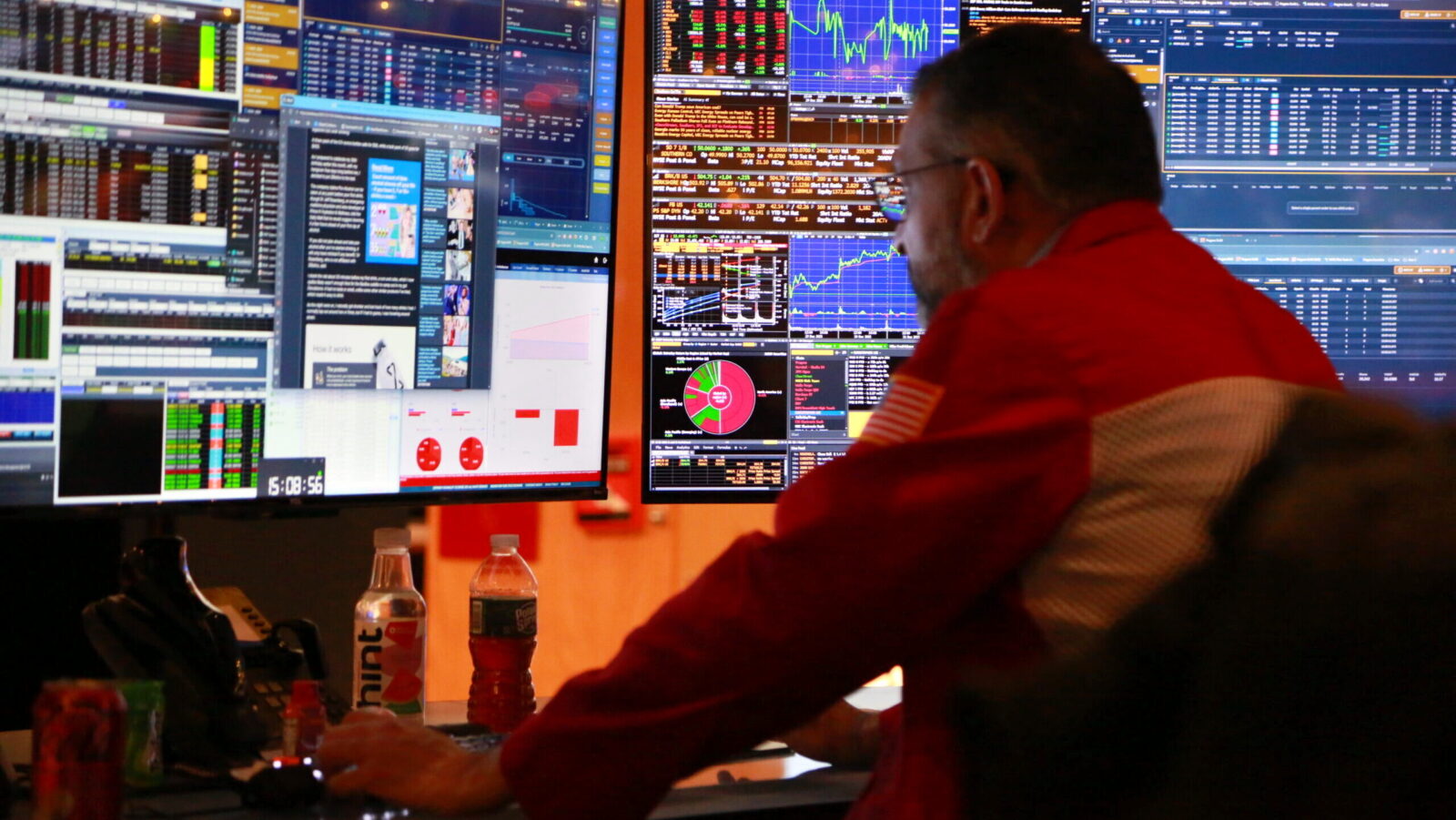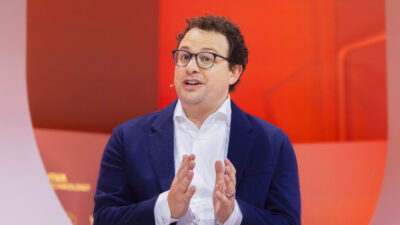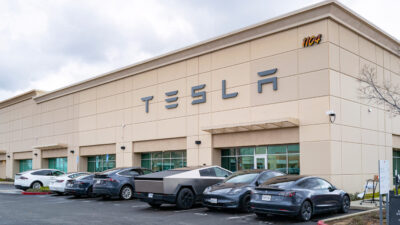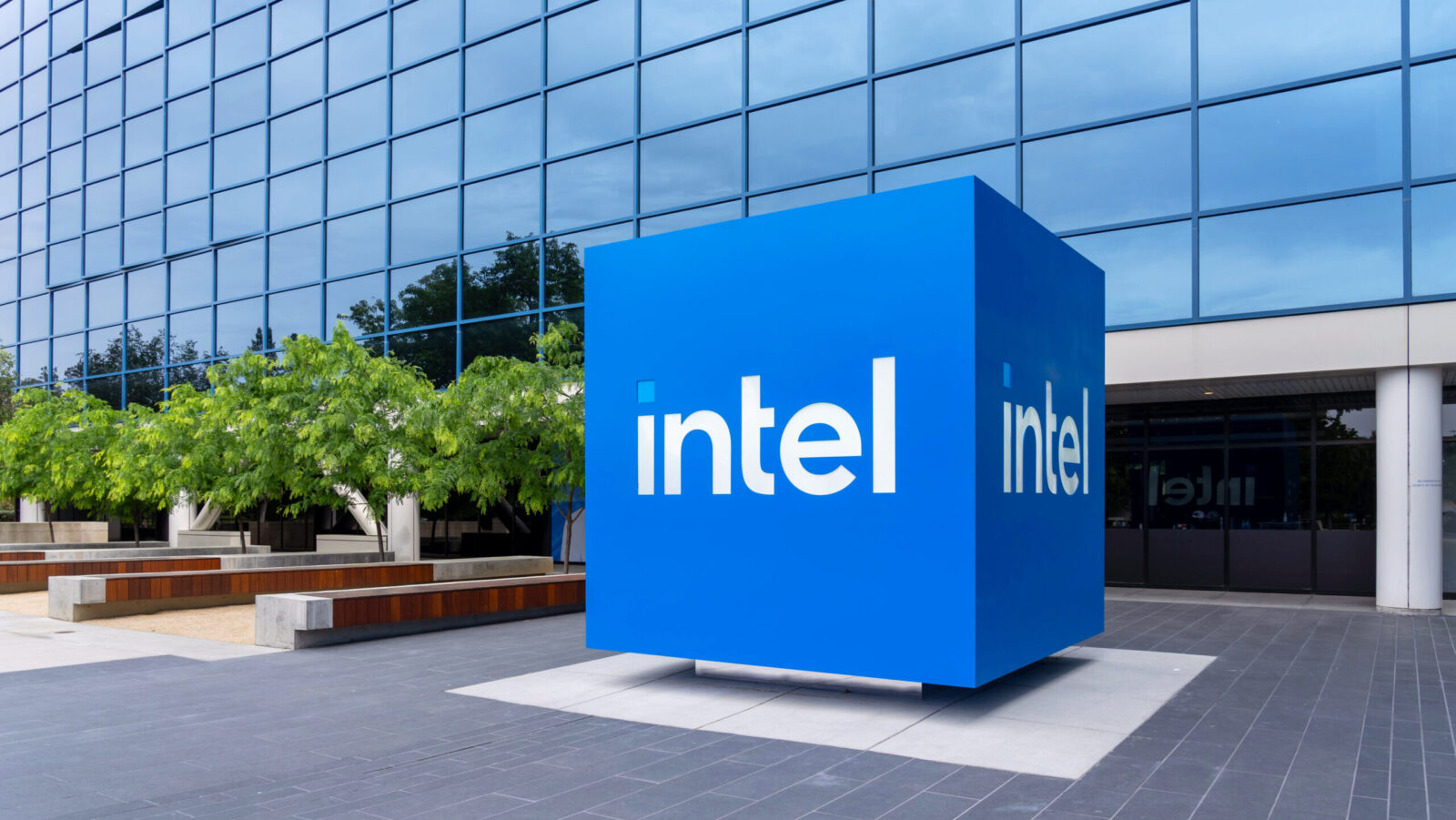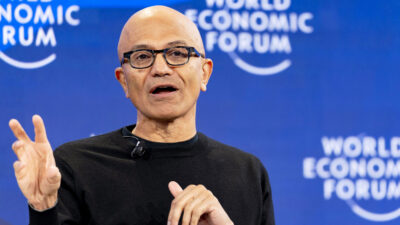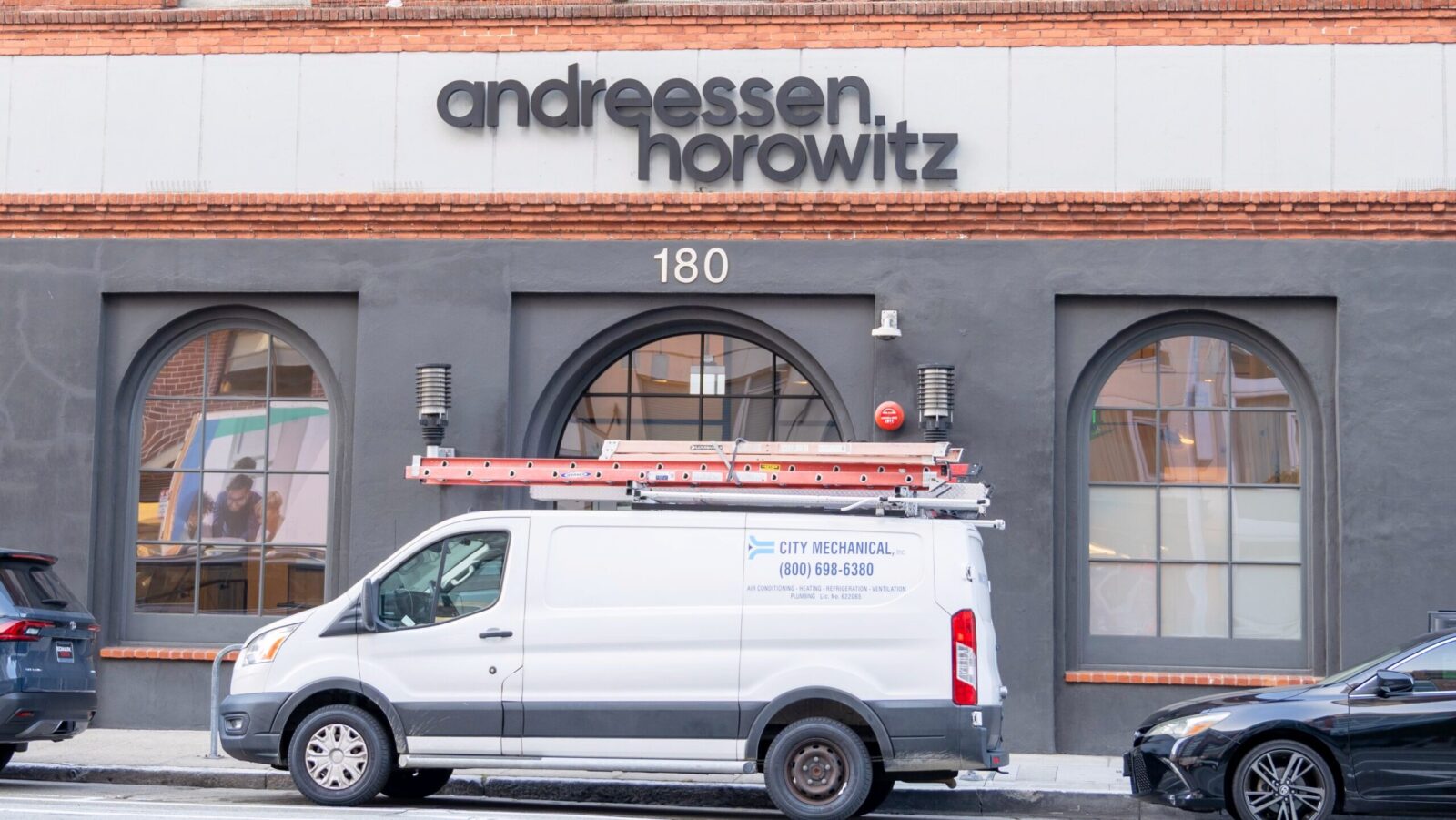Microsoft Holds Out on OpenAI Nonprofit Plan
Microsoft hasn’t signed off on OpenAI’s dramatic reversal of its onetime plan to become a for-profit venture.
Sign up for smart news, insights, and analysis on the biggest financial stories of the day.
Unless you are ChatGPT itself — the training data of the OpenAI chatbot’s latest model only runs to October 2023 — you’ve heard the explosive news.
OpenAI said it is rowing back on plans to spin off a more traditional for-profit company on Monday, after facing backlash from former staff and experts who called the move a betrayal of its nonprofit mandate. One thing that remains unclear is how a seemingly frayed relationship with key backer Microsoft could play out.
A Microsoftening Relationship
OpenAI was founded as a nonprofit in 2015 with a founding mission “to ensure that artificial general intelligence benefits all of humanity.” But that lofty ideal clashed with the massive fundraising demands that came with developing world-leading advanced AI systems. So, in 2019, the non-profit created a for-profit subsidiary that capped investor returns at 100 times what they put in, allowing it to tap venture funds and corporate backers. Microsoft invested $1 billion that year.
In December 2024, OpenAI said it was changing again — the nonprofit, it said, would give up control of the for-profit entity and become a minority shareholder. In the intervening years, Microsoft had become an even bigger backer, contributing $13.75 billion in total. But its relationship with OpenAI has appeared strained in recent months. First, Microsoft staff reportedly worried in early 2024 that Microsoft was too reliant on ChatGPT. Then, in December, the company began working to add its own AI models to its Copilot chatbot and, by March, was testing third-party models including from DeepSeek, Meta, and xAI. As of this month, xAI’s Grok is reportedly nearing testing with Microsoft’s developer platform Azure AI Foundry. All of which serves as a curious backdrop to the new plans:
- OpenAI’s nonprofit, with its mission to work for the benefit of humanity rather than providing value to shareholders, will now maintain control of the for-profit entity and be a “big shareholder.” The for-profit entity will also become a public benefit corporation — this was also part of the original for-profit conversion plan — which must “consider the interests of both shareholders and the mission.”
- Bloomberg reported that Microsoft, whose approval is key to advancing OpenAI’s new proposal, has not signed off. The tech giant, the outlet said, is seeking protections for its investment in negotiations — one notable item likely to please investors is that OpenAI said the cap on investor returns will be lifted for a “normal capital structure where everyone has stock.”
X-Partner: SoftBank, another key corporate stakeholder, plans to move ahead with a recently announced $30 billion investment, OpenAI CEO Sam Altman said, in a sign that the Japanese conglomerate is comfortable with the about-face. OpenAI will also need the greenlight from regulators in California, where it’s based, and Delaware, where it’s incorporated. Elon Musk, an OpenAI cofounder who left in 2018 and sued to stop the for-profit plan, said he’s continuing his lawsuit because the new proposed structure would still be for “the benefit of Altman, his investors, and Microsoft” instead of its do-good mission. Musk’s for-profit xAI, surely a coincidence, is also trying to catch up with OpenAI.

